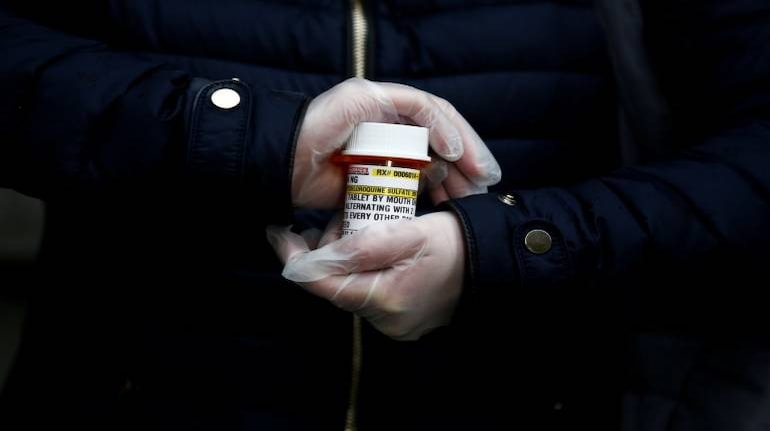The National Task force for COVID-19, constituted by ICMR, has reviewed the use of HCQ for prophylaxis of SARS-CoV-2 infections for high-risk population based on emerging evidence on its safety and efficacy.
The Centre has expanded the use of hydroxychloroquine (HCQ) as a prophylactic to all frontline health workers, surveillance staff deployed in containment zones and paramilitary, police personnel involved in COVID-related activities to prevent them from getting infected.
The earlier HCQ advisory, issued on March 23, advised prophylactic use of HCQ for asymptomatic healthcare workers involved in the care of suspected or confirmed COVID-19 cases and asymptomatic household contacts of laboratory-confirmed cases.
The drug has to be taken on medical supervision and has not been recommended for prophylaxis in children under 15 years of age and in pregnancy and lactation.
Studies supporting extending HCQ
The National Task force (NTF) for COVID-19 constituted by the Indian Council of Medical Research (ICMR), has also reviewed the use of HCQ for prophylaxis of SARS-CoV-2 infection for high risk population based on the emerging evidence on its safety and efficacy.
In addition to the in-vitro study by National Institute of Virology (NIV) Pune, that showed reduction of infectivity and log reduction in viral RNA copy of SARS-CoV-2, NTF cited two other observational studies.
One, a retrospective case-control analysis at ICMR, has found that there is a significant dose-response relationship between the number of prophylactic doses taken and frequency of occurrence of SARSCoV-2 infection in symptomatic healthcare workers who were tested for SARS-CoV-2 infection.
Another investigation from three central government hospitals in New Delhi indicates that among healthcare workers involved in COVID-19 care, those on HCQ prophylaxis were less likely to develop SARS-CoV-2 infection, compared to those who were not on it. The benefit was less pronounced in healthcare workers caring for a general patient population.
An observational prospective study of 334 healthcare workers at AIIMS, out of which 248 took HCQ prophylaxis (median six weeks of follow up) in New Delhi also showed that those taking HCQ prophylaxis had lower incidence of SARS-CoV-2 infection than those not taking it.
Safety profile
On safety profile, the data on assessment of HCQ prophylaxis among 1,323 HCWs (healthcare workers) indicated mild adverse effects such as nausea (8.9 percent), abdominal pain (7.3 percent), vomiting (1.5 percent), hypoglycemia (1.7 percent) and cardio-vascular effects (1.9 percent).
However, as per the data from the Pharmacovigilance program of India, there have been 214 reported instances of adverse drug reactions associated with prophylactic HCQ use. Of these, seven were serious individual case safety reports with prolongation of QT interval (heart rhythm disorder) on ECG (electrocardiogram) in three cases.
World remains divided on HCQ use
HCQ came into the spotlight following an anecdotal study by French researchers on COVID-19 patients. The study reported HCQ to be effective in killing SARS-COV-2. The drug found a major backer in US President Donald Trump, who began pushing it aggressively, even calling it 'miracle cure'.
The decision to expand HCQ as prophylactic comes even as the data emerging from latest research studies are indicating that HCQs may have little benefit against COVID-19. At least four studies published in reputed journals — these include one small, randomized clinical trial by Chinese research and two peer-reviewed observational studies in France and US showed no benefit.
The American College of Physicians (ACP) warning people not to use chloroquine or HCL either alone or in combination with azithromycin (AZI) for prevention or treatment of COVID-19 outside of a research setting,
With so much of contradictory data, experts are suggesting that ICMR should conduct or fund a robust randomised control trial (RCT) on use of HCQ as prophylaxis to end the confusion.















